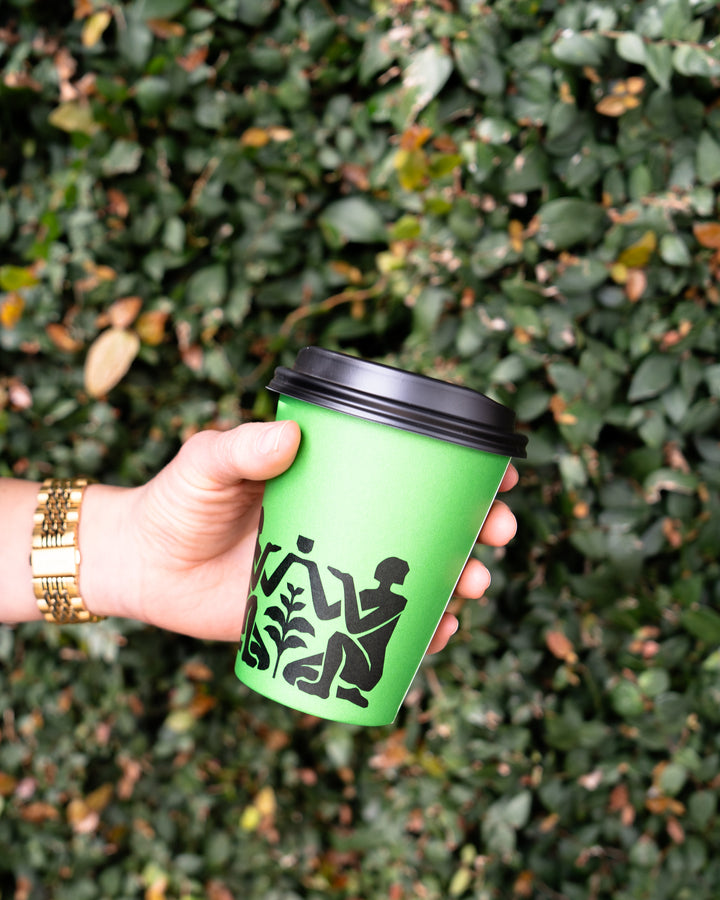Our Coffee & Roasting
Q: Is Allies Coffee the same team as Merito? A: Yes! We are the same team that has been roasting NZ’s favorite beans since 2007. We rebranded from Merito to Allies to better reflect our mission: being "United by Coffee" with our farmers, our wholesale partners, and you, the home brewer. Same roasters, same recipes (like our Unity Blend), fresh new look.
Q: Is your coffee fresh? A: Extremely. Unlike supermarket beans that sit on shelves for months, we roast in small batches at our Auckland roastery. Your order is typically roasted, packed, and dispatched within days of you placing it, ensuring you get the peak flavor experience.
Q: Do you roast for Espresso or Filter? A: We roast for both!
-
For Espresso & Milk: Try our Unity Blend. It has a slightly developed roast profile designed to cut through milk for a rich Flat White or Latte.
-
For Filter & Black Coffee: Check out our Single Origins. We roast these lighter to highlight the delicate fruit, floral, and nut notes perfect for Plunger, Pour-over, or AeroPress.
Q: Where do your beans come from? A: We source high-grade Arabica beans from renowned regions like Brazil, Colombia, Ethiopia, and Guatemala. We work with ethical importers to ensure farmers are paid fairly, often supporting community initiatives at the origin.
Brewing & Selection
Q: Which grind size should I choose? A: Getting the grind right is crucial for flavor. Here is our guide:
-
Whole Bean: Best for freshness if you have a grinder at home.
-
Espresso Grind: Fine (like table salt). For espresso machines and stovetops.
-
Filter Grind: Medium (like sand). For V60, Chemex, and Batch Brew.
-
Plunger Grind: Coarse (like sea salt). For French Press/Plunger.
Q: I have an automatic machine (Bean-to-Cup). Which coffee is best? A: We recommend the Unity Blend. It is a medium roast, which means the beans are not oily. This is safer for your machine's built-in grinder and delivers a consistent, chocolaty coffee that tastes great as a short black or with milk.
Q: My coffee tastes bitter. What am I doing wrong? A: Bitterness usually means over-extraction. Try these fixes:
-
Coarsen your grind: If using a plunger, your grind might be too fine.
-
Cool your water: Boiling water can burn coffee. Let the kettle sit for 60 seconds off the boil (aim for 93°C).
-
Check your ratio: A good starting point is 60g of coffee per 1 Litre of water.
Orders, Shipping & Subscriptions
Q: How long does shipping take? A: We dispatch orders daily from our Auckland HQ.
-
North Island: Typically 1–2 business days.
-
South Island: Typically 2–3 business days.
-
Rural: Please allow an extra 1–2 days. Free shipping applies to all orders over $50.
Q: How do subscriptions work? A: Our Coffee Club is the best way to ensure you never run out (and you save 10%). You choose your coffee (e.g., Unity Blend), your grind, and your frequency (weekly, fortnightly, or monthly). You can pause, skip, or cancel anytime directly from your account.
Q: Can I buy your coffee wholesale for my cafe? A: Absolutely. We partner with cafes across New Zealand, supplying not just beans but machinery (La Marzocco, Mazzer), training, and technical support. Visit our Wholesale Page to download our info pack or get in touch.

*Remember to explore and ask questions at your local specialty coffee establishments to enhance your understanding and appreciation of New Zealand's unique coffee culture.
**These answers provide general information, and individual preferences and health conditions may influence your choices regarding coffee consumption.






